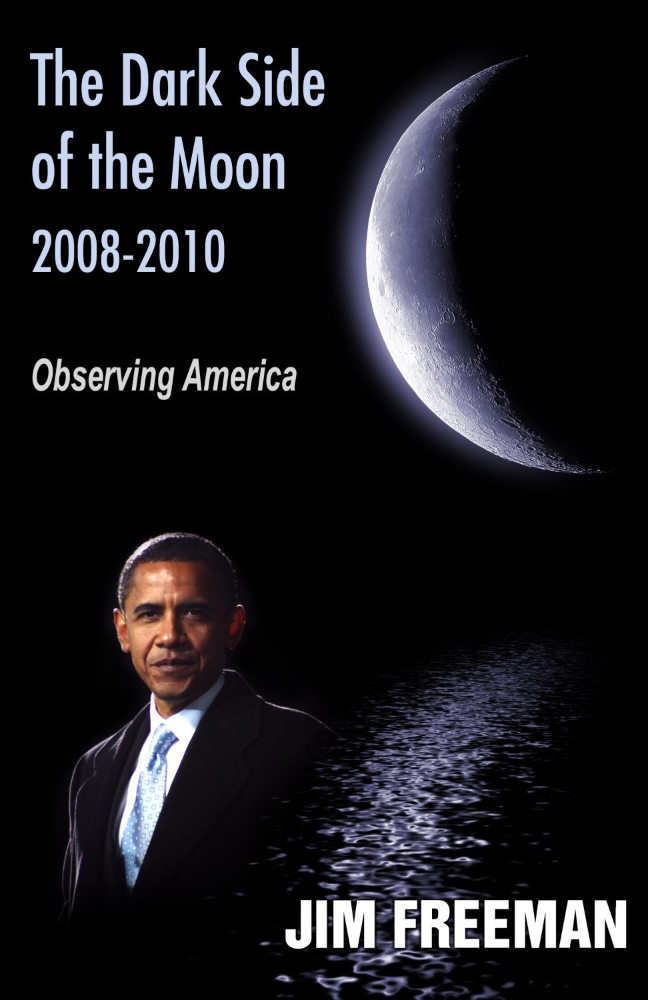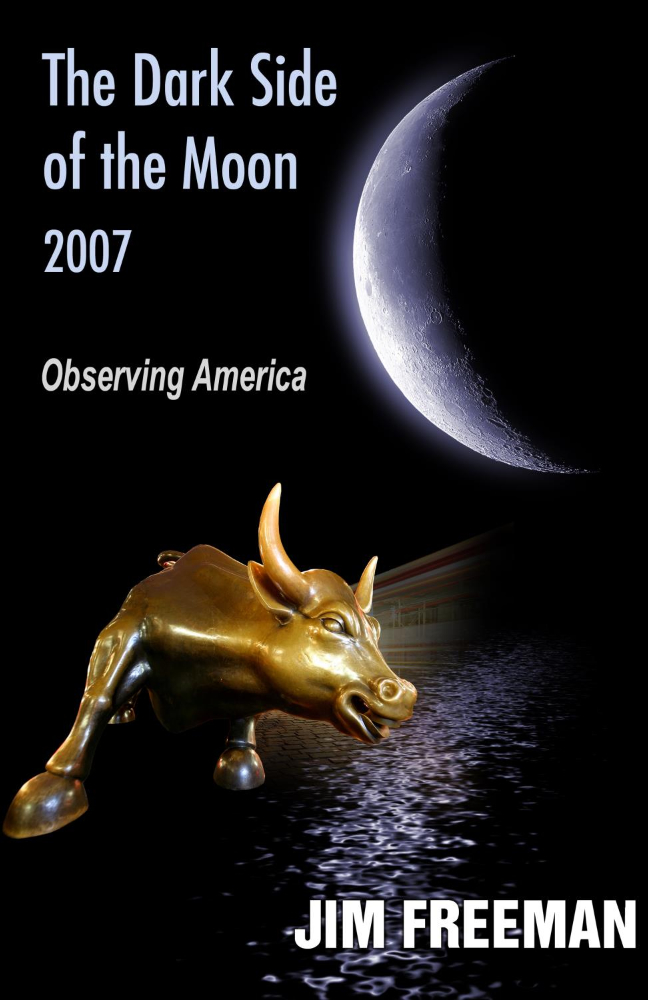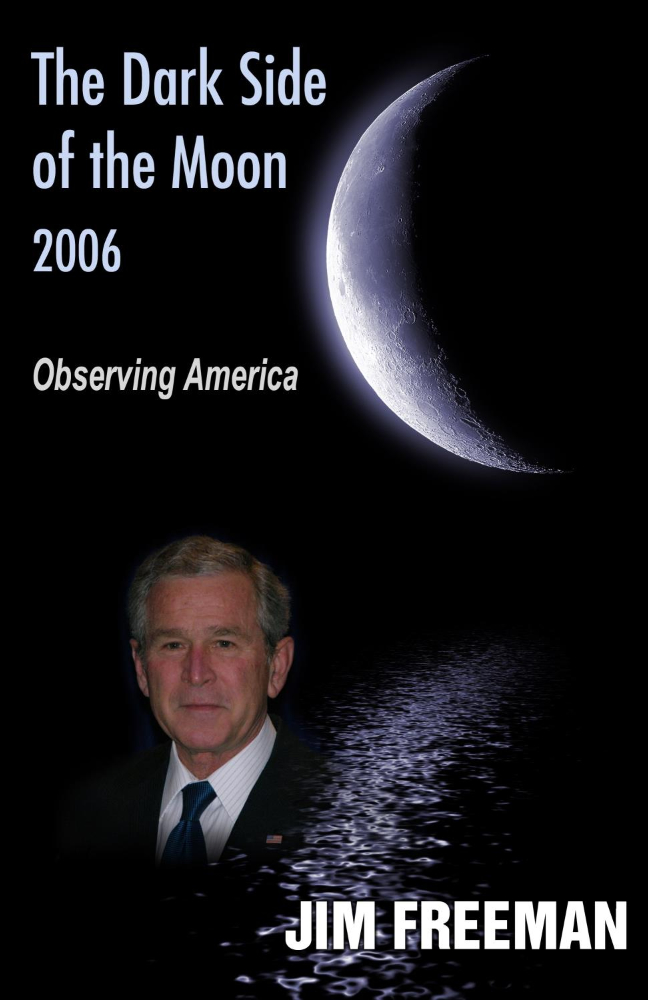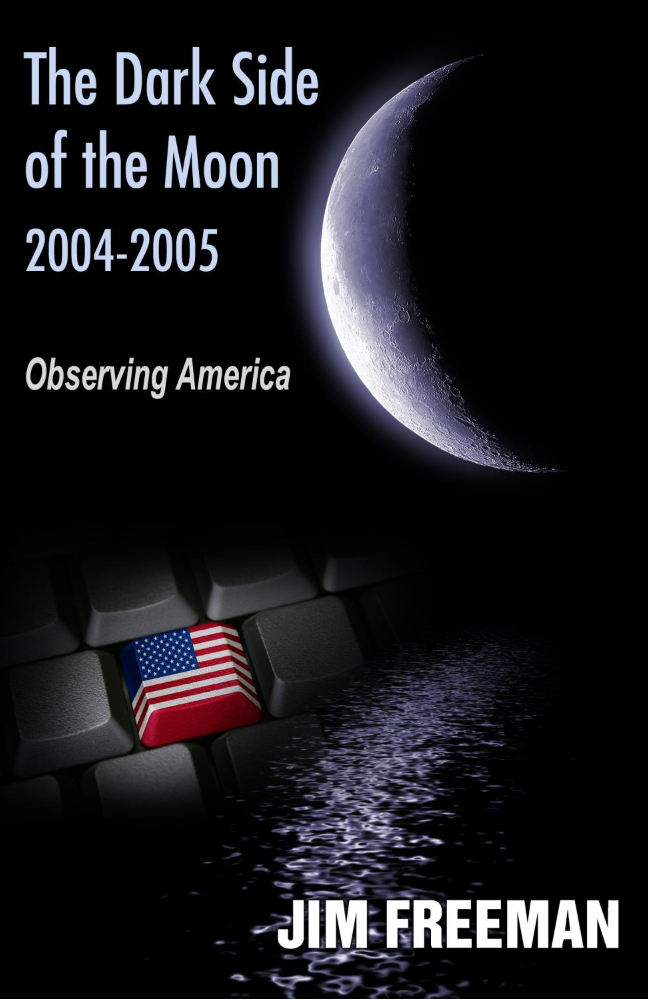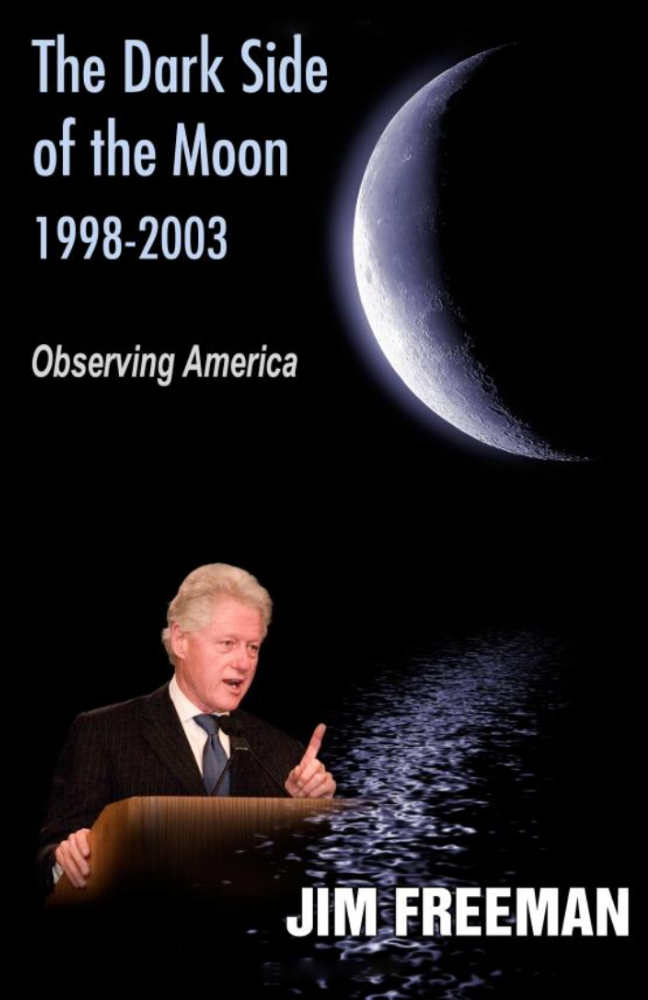Now here’s something interesting for those of you in the business of writerly endeavor. It has all the essentials of fraud, a touch of gaming the system and a link to ChatGPT. It is, of course, another example of the rich bribing their kids into admittance to top universities
The scam in this case has to do with high-school kids faking scientific papers (including their publication) in order to enhance their college entrance chances. Enhance is such a softer word than scam and, for the most part, avoids the inelegant possibility of civil prosecution. We know that faking your kid’s credentials has already sent some parents to the slammer.
Now, for the nominal fee of $6 to $10 thousand big ones, you can hire a “tutor” to “advise” your hapless high-schooler through “writing” a complicated scientific paper and “publishing” the resulting work in a “peer-reviewed” scientific “magazine.” You’ll note the consistent use of quotation marks on scam after scam.
The peer reviewed magazines exist only online, the tutors are the scammers of the six to ten large and AI (usually by ChatGPT) is the convenient, quick and faultless author. Understandably, the various top universities are going nuts because they don’t begin to have the staff to read, much less evaluate, the outpouring of pseudo-scientific additions to their entrance applications.
It’s unclear for now whether any parents will be charged with promoting a scam entry and sent off to the pokey, but it’s clear that the human mind has no limit to creativity when a desperate parent meets up with a stiff university entry application. It was, I believe, American showman P.T. Barnum who uttered the truism that “there’s a sucker born every minute.”
When looking for that sucker, it narrows the field a good deal to seek out those parents who are willing to teach their kids the ins and outs of scammery. After all, education is more than simply a college degree.




